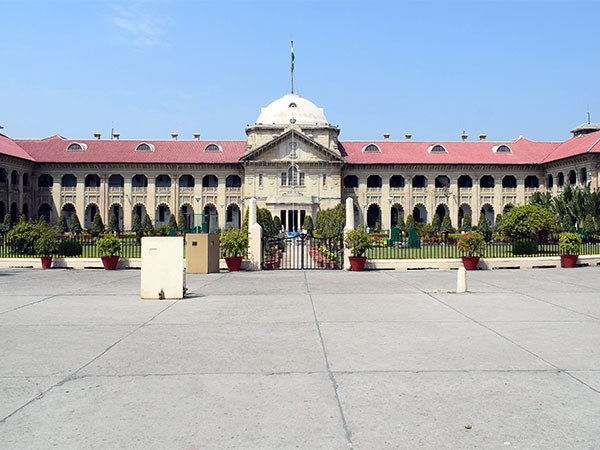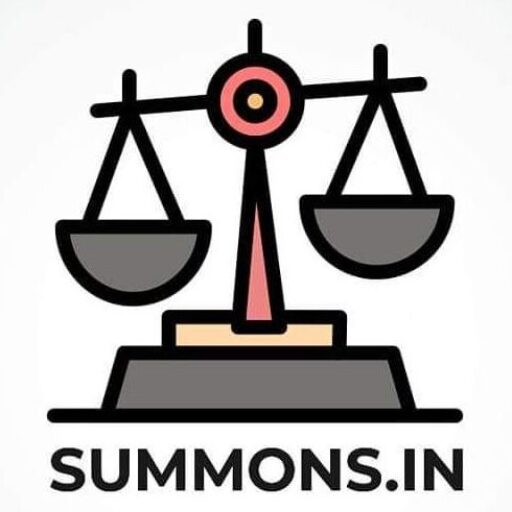
In FIRST APPEAL No. – 37 of 2021, Judgment dated:-08.01.2025, Allahabad High Court held that a wife’s consumption of alcohol cannot be considered cruelty under matrimonial law unless it is accompanied by unwarranted or uncivilized behavior. The judgment emphasize on personal lifestyle choices, such as drinking alcohol, do not automatically become grounds for divorce on cruelty unless they negatively affect the marriage.
Pointers from the Judgment
1. Cruelty Under Section 13(1)(ia) of the Hindu Marriage Act, 1955
- The court reaffirmed that cruelty includes both mental and physical suffering, but a mere habit of drinking alcohol does not constitute cruelty unless it causes actual harm.
- To seek divorce on cruelty grounds, the petitioner must prove that the spouse’s behavior due to alcohol consumption caused mental or physical distress in a significant way.
2. Right to Personal Liberty and Lifestyle Choices
- The court highlighted that drinking alcohol is a personal decision, and marriage does not mean one spouse can dictate or control the other’s lifestyle.
- Article 21 of the Indian Constitution, which guarantees the right to life and personal liberty, protects an individual’s autonomy, including personal habits and choices.
- Without evidence of abusive behavior, simply consuming alcohol does not constitute a legally valid reason to claim cruelty.
3. Desertion Under Section 13(1)(ib) of the Hindu Marriage Act, 1955
- While rejecting cruelty as a ground for divorce, the court granted divorce on the ground of desertion, as the wife had been living separately since 2016.
- As per Section 13(1)(ib), a spouse’s continuous separation for over two years without reasonable cause constitutes desertion, which is a valid ground for divorce.
4. Gender-Neutral Approach in Matrimonial Laws
- The ruling emphasized that both men and women should be treated equally regarding personal habits like alcohol consumption.
- Courts must assess cruelty based on behavior and impact, rather than preconceived notions about gender roles in marriage.
- This judgment discourages misusing matrimonial laws to target a spouse’s personal choices that do not directly harm the other party.
Judicial Precedents Supporting This Judgment
- Shobha Rani v. Madhukar Reddi (1988) – The Supreme Court held that cruelty must be determined based on the circumstances of each case and should cause actual suffering.
- Naveen Kohli v. Neelu Kohli (2006) – The SC reiterated that mere allegations do not constitute cruelty; there must be substantial evidence of distress caused to the spouse.
- Rachit Verma v. Smt. Anuradha Dey(2025) – Further clarifies that consumption of alcohol alone is not cruelty unless accompanied by disorderly or harmful conduct.
Implications of the Judgment
a) Protects an individual’s right to personal choices in marriage.
b) Ensures that cruelty is determined based on actual suffering, not just lifestyle differences.
c) Strengthens the gender-neutral interpretation of matrimonial laws.
d) Prevents misuse of cruelty as a ground for divorce in cases where personal habits do not harm the spouse.
e) Clarifies that desertion remains a valid ground for divorce when a spouse is absent without a reasonable cause for over two years.
Final Verdict
The Allahabad High Court’s ruling sets an important precedent by emphasizing that a spouse’s lifestyle choices should not be equated with cruelty unless they lead to mental or physical distress. While personal habits like drinking alcohol may not be agreeable to the other spouse, they do not amount to cruelty unless they result in harmful behavior. This judgment reaffirms the importance of individual liberty, fairness in matrimonial disputes, and the necessity of proving actual suffering for cruelty claims.
#divorce, #marriage, #wife, #husband #cruelty, #desertion #neeraj #gogia #neerajgogia #highcourt #law #legal #lexeagle
